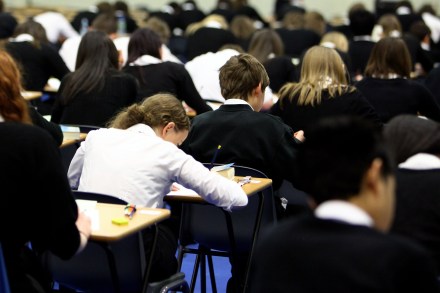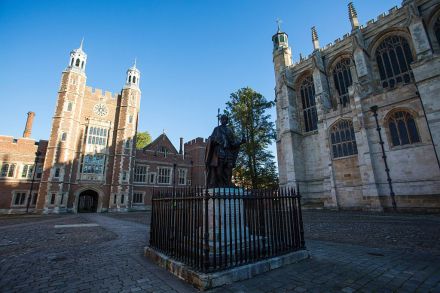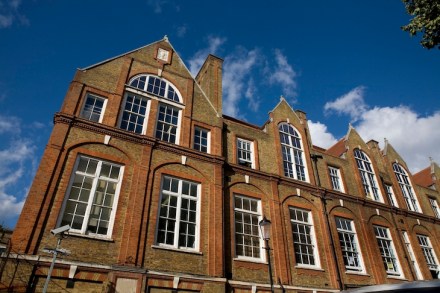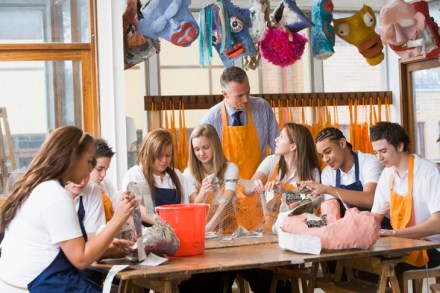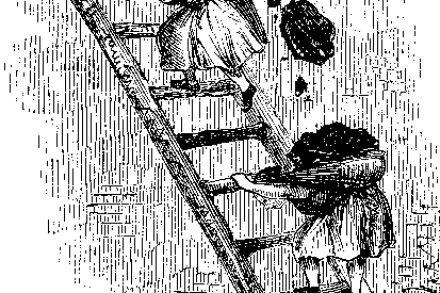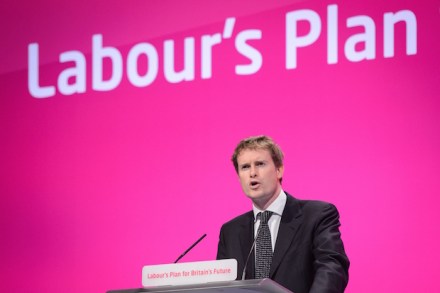Why aren’t exams going ahead?
When Boris Johnson talked about trusting teachers, I suspected that the government must be desperate. Trust is not a word I have head much in my 25-year teaching career. I am no longer trusted to go into a GCSE exam hall to look at the paper that my class is sitting in case I somehow manage to undermine the integrity of the exam. But that was 2019. This morning Gavin Williamson confirmed that this year, it will come down to me and my colleagues in school. There will be no exam papers, no external markers, and certainly no algorithms. Before the pandemic we weren’t even trusted to mark coursework for
